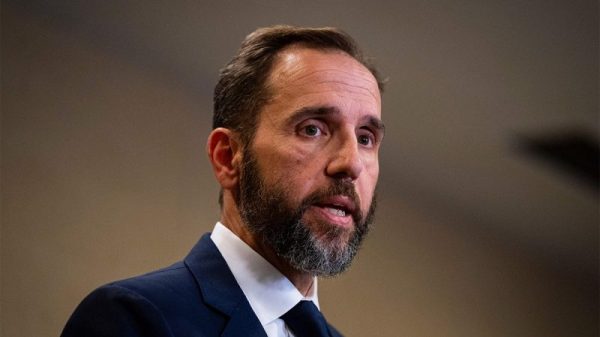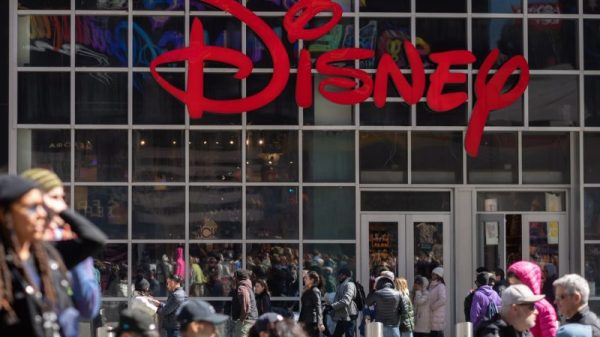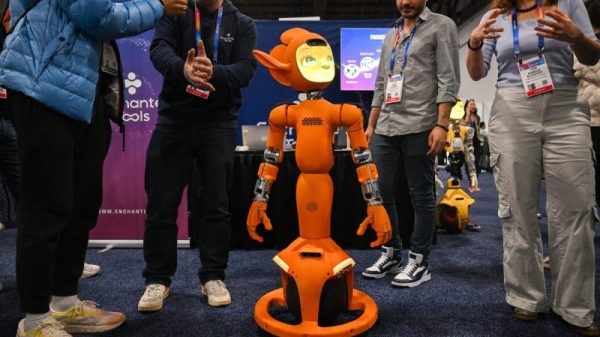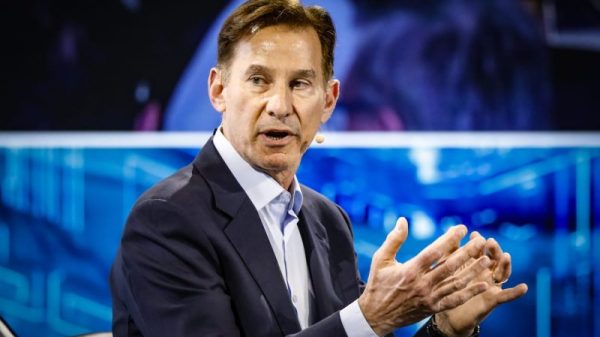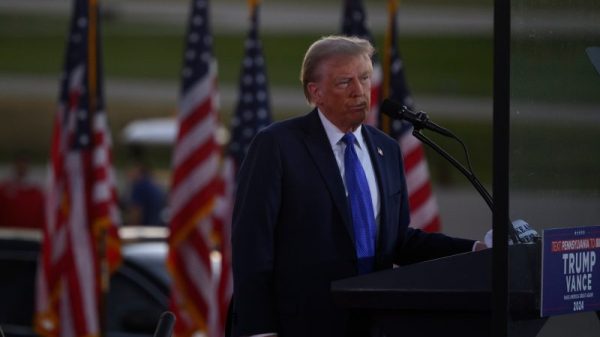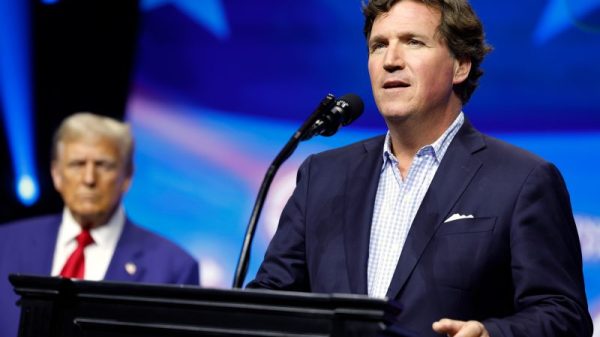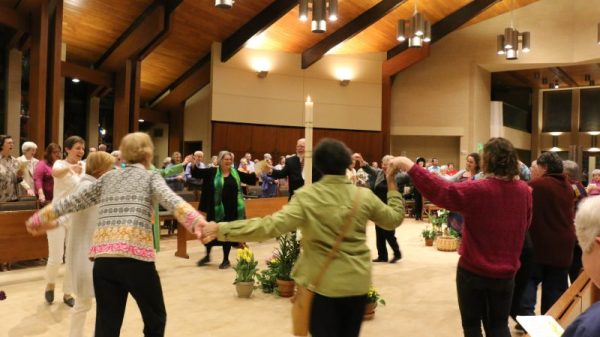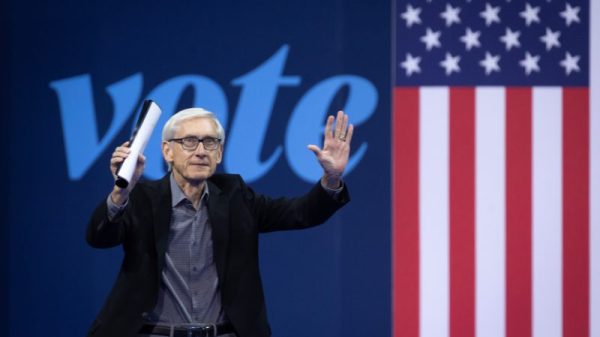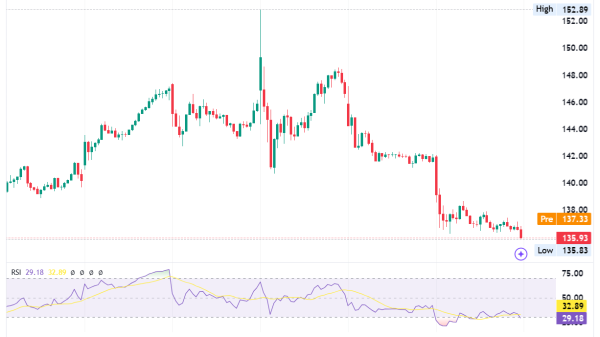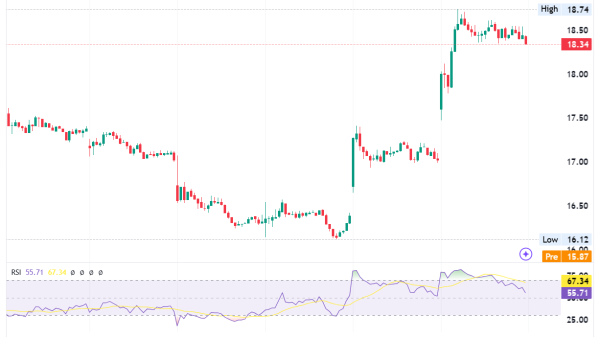Amid surging summer heat, the earth reached a new hottest day on record on July 22.
That day, the global average temperature was almost 63 degrees Fahrenheit, and was surrounded by similar high temperature days.
Across the U.S. this summer, many areas have experienced unrelenting heat waves.
As a result, many Americans face a tough tradeoff between paying higher cooling costs or suffering in the heat to save money, research finds.
This year, extreme heat is projected to lead home cooling to cost an average of $719 from June through September — up nearly 8% from $661 for the same period in 2023 — the National Energy Assistance Directors Association and the Center for Energy, Poverty and Climate estimate.
Home cooling costs have risen in the past decade as higher temperatures require more electricity.
And those higher temperatures are expected to get worse, with the U.S. by the end of the century projected to have at least 50 days per year with maximum temperatures above 95 degrees, according to new research from the JPMorgan Chase Institute.
“We’re seeing more and more high heat days and the impact of climate change,” said Heather Higginbottom, head of research, policy and insights for corporate responsibility at JPMorgan Chase. “That’s another expense that families and households have to manage.”
Low-income households may be poised to suffer most amid rising temperatures.
During hot days, low-income households tend to go without cooling to save money. They spend 37% to 45% less on air conditioning than high-income households, JPMorgan Chase Institute found, based on an analysis of anonymized firm data.
For most households, the higher electricity bills have limited effects on other spending. In Houston, an extra 95-degree day contributes to less than $1 in foregone spending for the average family, according to the JPMorgan Chase Institute’s research.
In two other cities the research evaluated — Los Angeles and Chicago — there was no statistically detectable effect.
“Lower-income households will spend less on air conditioning than middle- or higher-income households on high heat days, and essentially just go without cooling their homes as effectively for financial reasons,” Higginbottom said.
Rising energy prices have a greater impact on lower-income families because those increases take up a larger share of their budgets, according to Mark Wolfe, executive director of the National Energy Assistance Directors Association.
For a high-income family, higher energy bills may push those costs from 3% to 3.1% of their budgets, a difference that likely won’t substantially impact their lives, Wolfe said.
But for low-income families, the share of those costs in their budgets may go from 8.3% to 11%, and substantially limit their discretionary income, he said.
Those low-income families tend to disproportionately include young children, elderly or disabled individuals, which means higher heat also poses a significant health risk, Wolfe said.
While policies can help those vulnerable populations, it is a race against time, as temperatures rise faster than expected, he said.
“We’re having extended periods of very high temperatures, and we’re not prepared for it,” Wolfe said.
Two policy approaches can help, according to Wolfe — immediate help for people pay their cooling bills and long-term efforts to retrofit housing for low-income families so they can access affordable and modern cooling systems.
In the meantime, many families may be at risk of shut offs if they can’t pay their bills.
Turning up the temperature on the thermostat — say from 72 degrees to 78 degrees — can help reduce cooling costs. Installing more insulation can also result in savings, according to experts.
But this summer is a “wake up call” that bigger changes need to happen, Wolfe said.
“This is going to be expensive to adapt,” Wolfe said. “There’s no inexpensive solution.”




